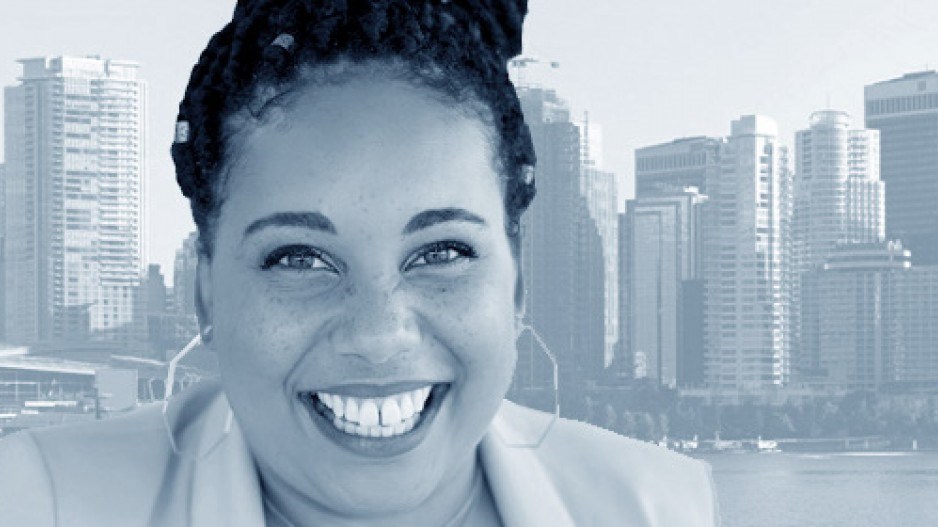In my work as a consultant, I get to support all kinds of clients across Vancouver – and the world – in making their workplaces more inclusive.
Most organizations show enthusiasm for workplace inclusion, some are doing it just to seem relevant and the odd few haven’t got a clue what I’m talking about. Despite these differences in competence or approach, there’s something almost every Vancouver business has in common when it comes to diversity and inclusion.
It’s fear. And it makes a heck of a lot of sense. This work requires bravery, perseverance and investment. Whenever someone says, “Let’s start a diversity and inclusion initiative,” the finance department starts crunching numbers, HR starts counting hours and the boss begins to sweat a little.
How much will it cost? How long will it take? How do we do it right? What if we offend someone? Who do we need to let go? Where does the law stand on all of this? Are we ready?
Yes, engaging in a diversity and inclusion initiative may be hard, long-term and possibly costly but it’s so, so important. Not just the social elements – feelings of belonging, improved team morale, better mental health, enhanced employee well-being – but the value for business is undeniable too.
An overwhelming number of reports have come out in the past few years about the business value of diverse and inclusive workplaces. We know that diversity gives organizations a competitive advantage, leads to better team performance and means companies are 70% more likely to capture a new market.
The stakes are so much higher in 2019
Rewind 10 to 15 years and a workplace diversity and inclusion initiative likely consisted of a government-mandated affirmative-action-type program or a one-hour unconscious-bias workshop. As we hit the 20th year of this century – the century so often quoted as the reason we should no longer be racist, homophobic, sexist and so on (“Really, in the 21st century?”) – there’s no room for error and the stakes are much higher.
As a society, we are far more aware and critical of injustice. With movements like #MeToo, we are collectively holding one another to higher standards and speaking up about discrimination and harassment, particularly within workplaces. Unlike previous generations who felt pressured to remain silent, millennials are making political decisions with their dollars or leaving workplaces they feel are toxic.
What fuels the fear?
The fear stems from the pressure to do things right – to please everyone, to avoid scandals like those that hit H&M or Pepsi, to support frustrated (often wrongly perceived as overly sensitive) employees without being accused of favouritism.
The fear also comes from the depth of the conversations that diversity will take us to. We’re no longer talking merely about tolerance of difference – we’re talking about things like systemic oppression, privilege and decolonization.
It’s scary stuff. We’ve been tasked with undoing centuries of injustice that have created inequality, recognizing and continually fighting our own unconscious biases and holding ourselves accountable to our privileges. No small feat.
Feel the fear and do it anyway
Here’s the silver lining: there is no right or wrong way to do diversity and inclusion. There are best practices of course, and there are initiatives that will last longer and have more meaningful effects, but it’s not as scary as it seems. The results will always outweigh the trepidation.
I designed my business and also my upcoming diversity and inclusion conference, Stratagem, as a way to quell some of the fears. I want to build spaces for open conversation so we can support each other in this scary, long-term journey towards more inclusive and equitable workplaces.•
Cicely Blain is the CEO of Cicely Blain Consulting, a Vancouver-based diversity, equity and inclusion consulting company. She is also a public speaker, writer, winner of BC Business’ 30 Under 30 2018 and an instructor in executive leadership at Simon Fraser University.




